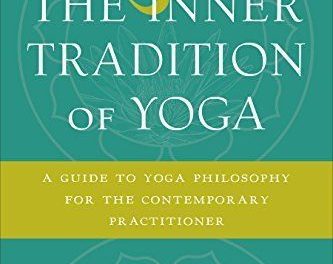By Zuiko Redding
We tend to think, in our ego-centered ways, that our practice is our practice.
I, an entity separate from the rest of the universe, does this practice.
We begin to quarrel when we think this way, trying to make the practice accord exactly with our ideas. We ask, “Who is this ‘I’?” “Whose practice is this, anyway?”
It’s ours, but it’s also for those who cannot come sit, study, or follow the Buddha’s path with their lives. It’s for those who might come in the future and for those who can never come, but are supported by our being here.
Our practice is the practice of all beings in this vast universe.
It’s for us, other people, the neighbor’s cat, the birds at the feeder in back yard, rivers, trees, rocks—everything.
The practice in our small corner is a trust for all creation. It’s not ours. We are keeping it, fostering it, for the whole universe.
When we see this perspective, practice does become the most precious thing and all those disagreements about how it’s done become rather minor.
The important thing is that a practice exists, and our efforts turn away from ego-centered notions and toward making a strong practice for everyone. How do we take care of this practice?
What kind of practice supports others?
First, a practice grounded in zazen—in just sitting, letting go of our thoughts and meeting reality with nothing in between. This aimless sitting is the foundation of our lives. We become lost when we don’t have a life guided by zazen.
Work is next, both in our daily lives and at a Zen center, if we have access to one. At Cedar Rapids Zen Center, people cannot come and feel peace if dust bunnies sleep on the zafus.
Simply to take care of the details of our lives—putting aside our preferences—is to create practice that is held in trust for all beings. Simply being right there with the details is also taking care of our own practice.
Work comes in many varieties, and we often have preferences there, too. Someone mentioned to me that sometimes people prefer work like sweeping and weeding to answering the phone or writing letters because they think it’s more “Zen.”
It’s true that there are no stories of someone gaining enlightenment while doing the temple accounts, but there is the story of the old nun guestmaster in China who enlightened a number of wandering monks.
This kind of work is more difficult because it’s easier for ego to sneak onto our laps as we do it.
Sweeping is sweeping, but writing a letter—how much is just attending to the matter at hand and how much is ego?
We really have to be careful. Often, we get attached and get into competition and quarreling. When we sweep, there’s no one to compete with but the dust bunnies.
We repay our debt of gratitude toward one another.
For we are all sangha, giver, receiver, and even gift—by together taking care of our zazen, taking care of the building, taking care of temple affairs, creating a peaceful, harmonious place where we are glad to practice and into which we are glad to welcome all who come, including the dust bunnies.
Zuiko Redding is the resident teacher at Jikyouji – Cedar Rapids Zen Center in Cedar Rapids, Iowa in the United States of America. She began studying and practicing Zen Buddhism as a university student in Houston in the early 1960s.
In 1992, she left her career as a sociology professor to receive novice ordination from Tsugen Narasaki Roshi and and enter training at Shogoji Monastery in Japan. She received dharma transmission from Narasaki Roshi in 1996. She returned to the United States in 1997 where she and five other practitioners founded Jikyouji in April 2000.
Photo: (source)
Editor: Jes Wright
Comments
- Zen Buddhism and the Blues - April 5, 2024
- Escaping from Jehovah’s Witnesses through a Buddhist Path - March 24, 2024
- Getting to Know Holly Herring - February 29, 2024





